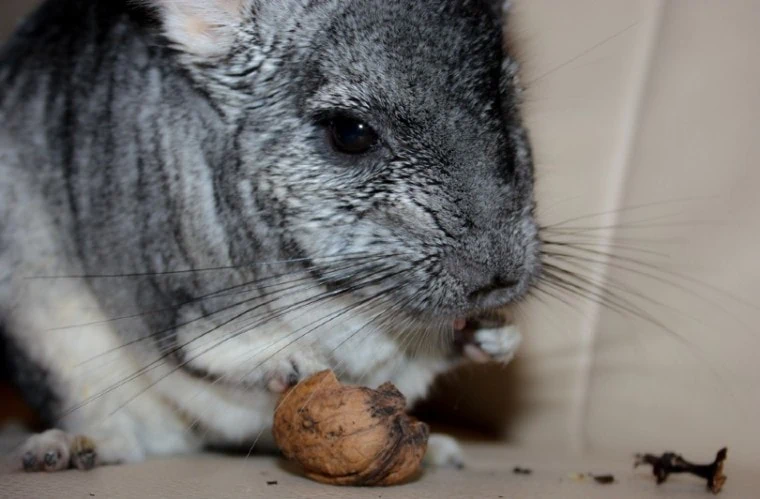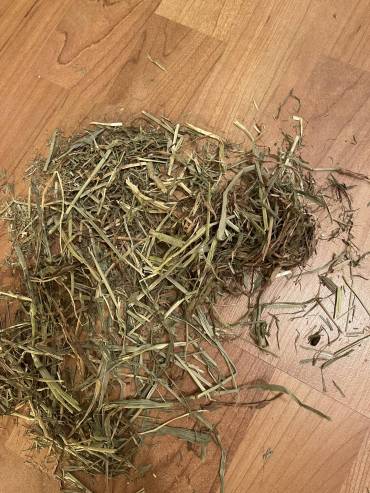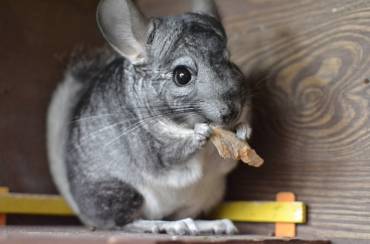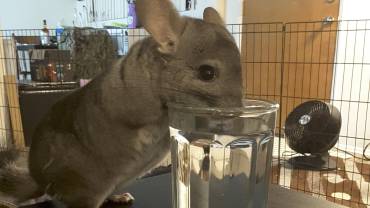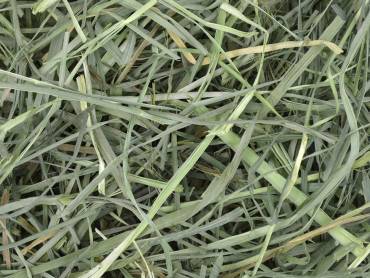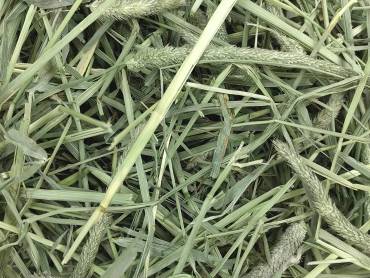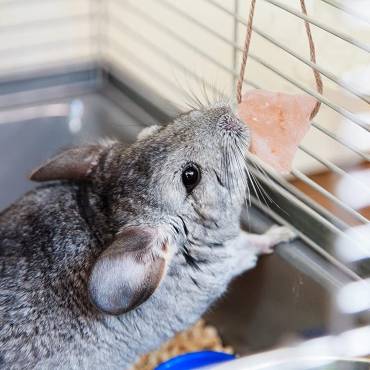When it comes to chinchillas, feeding them a nutritious diet is vital. Their digestive system is unique, and feeding them the wrong food can cause severe health problems. Therefore, it is crucial to know the basics of chinchilla feeding. In this article, we will discuss the nutritional requirements of chinchillas, including the types of food they should eat and how often they should be fed. With this knowledge, you can provide your furry friend with the best possible nutrition for optimal health and happiness.
Various Hays
When it comes to chinchilla feeding, hay is of utmost importance. A vast variety of hay is available to choose from, but the right hay can make all the difference. Timothy hay, for instance, is an excellent choice due to its low protein and fat content and high fiber levels. Besides timothy hay, chinchillas can be offered other types of hay like alfalfa hay. However, as alfalfa hay is high in protein, it should only be provided as a treat and in limited amounts. Remember to provide fresh and high-quality hay at all times to keep your chinchilla healthy and happy.
Chinchilla Pellets
Feeding chinchilla pellets in addition to hay is essential to provide necessary nutrients and vitamins that hay may not provide. It’s recommended to choose high-quality pellets that are specifically formulated for chinchillas. Pellets containing seeds, nuts, or dried fruits should be avoided as they are high in fat and sugar which is not suitable for chinchillas.
Vegetables and Fruits
Get your chinchilla excited about mealtime with fresh veggies and fruits! Leafy greens like kale and spinach are a great choice, and you can also give them some carrots for a satisfying crunch. When it comes to fruit, opt for low-sugar options like apples, bananas, and papayas, but don’t overdo it. Remember, these should only be given as a treat in small amounts.
Plenty of Water
Your chinchilla requires a constant supply of fresh and clean water for optimal health. To prevent any issues of spilling and contamination, using a water bottle is recommended. Be sure to refill the water bottle regularly to ensure that your chinchilla always has access to water.
Chinchilla Treats
Fancy some tasty chinchilla snacks? Think twice before giving too many! These should only be given on rare occasions in small portions. Safe options include shredded wheat, rose hips, and little pieces of dried fruits. So be mindful and give treats with care!
The health and well-being of chinchillas are highly dependent on their diet, which should be well-balanced and nutritious. To keep your furry companion in tip-top shape, ensure to provide them with fresh and quality hay, chinchilla-specific pellets, a range of veggies and fruits, and an ample supply of fresh water. And while it’s okay to give treats, remember that these should be rare and minimal, with some of the treats you can offer include small dried fruits, rose hips, and plain shredded wheat. With a well-planned diet, your chinchilla can lead a fulfilling and healthy life.

